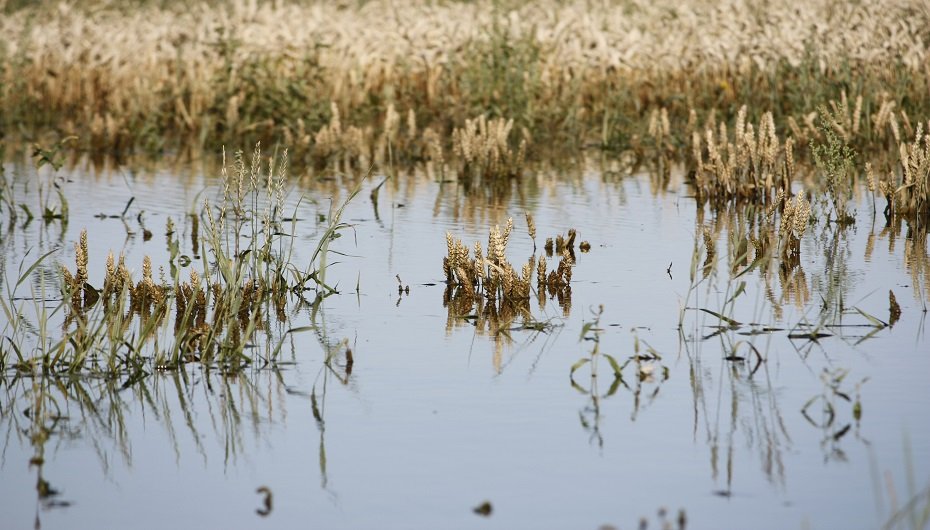Universitetsavisen
Nørregade 10
1165 København K
Tlf: 21 17 95 65 (man-fre kl. 9-15)
E-mail: uni-avis@adm.ku.dk
PhD thesis defense
PhD thesis defense — Max Herzog, BIO, defends his thesis about flooding tolerance in crops
Date & Time:
Place:
Room 20-3-332, Section for Freshwater Biology, Department of Biology, Universitetsparken 4, 3rd floor, 2100 Copenhagen
Hosted by:
Freshwater Biology Section
Cost:
Free
Max Herzog defends his thesis
Mechanisms of flood tolerance in wheat and rice – The role of leaf gas films during plant submergence.
Supervisor:
Professor Ole Pedersen, BIO, University of Copenhagen
Assessment Committee:
Jens Borum (Chair), Freshwater Biological Laboratory, University of Copenhagen
Eric J. W. Visser, Inst. for Water and Wetland Res., Radboud University Nijmegen
Margret Sauter, Botanical Institute, Kiel University
Summary:
Most crops are sensitive to excess water, and consequently floods have detrimental effects on crop yields worldwide. In addition, global climate change is expected to regionally increase the number of floods within decades, urging for more flood-tolerant crop cultivars to be released. The aim of this thesis was to assess mechanisms conferring rice (Oryza sativa) and wheat (Triticum aestivum) flood tolerance, focusing on the role of leaf gas films during plant submergence. Reviewing the literature showed that wheat germplasm holds genetic variation towards waterlogging (soil flooding), and highlighted traits such as improved internal aeration of the root system and short term anoxia tolerance of seminal roots as conferring tolerance. However, further work on especially anoxia tolerance and genotype × environment interactions is required in order to explore the available genetic resources. Experimental work assessed the physiologic, metabolomic and genetic response of wheat subjected to complete submergence, documenting contrasting submergence tolerance between two cultivars. Manipulating leaf gas film presence affected wheat and rice submergence tolerance such as plant growth and survival. However, leaf gas film retention times did not differ between 14 winter wheat cultivars. Due to the low genetic variation in wheat gas film retention times, a future prominent role of leaf gas films in improving wheat submergence tolerance was not generally supported.
The thesis is available for inspection at the Freshwater Biology Section, Universitetsparken 4, 3rd floor.
